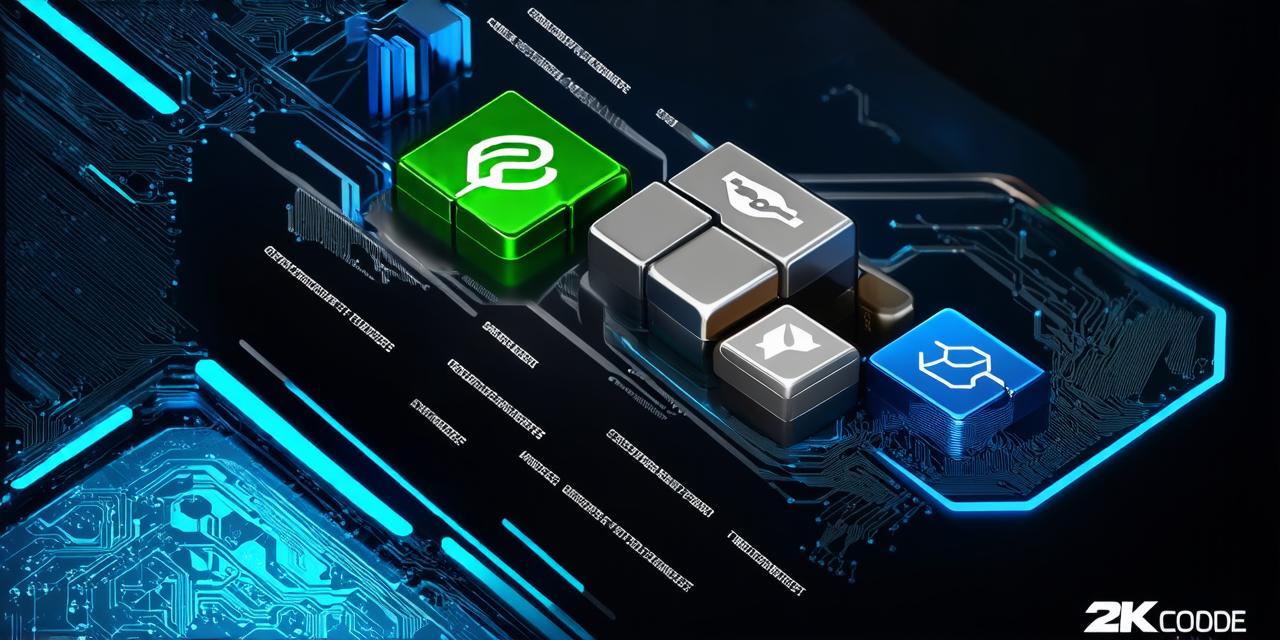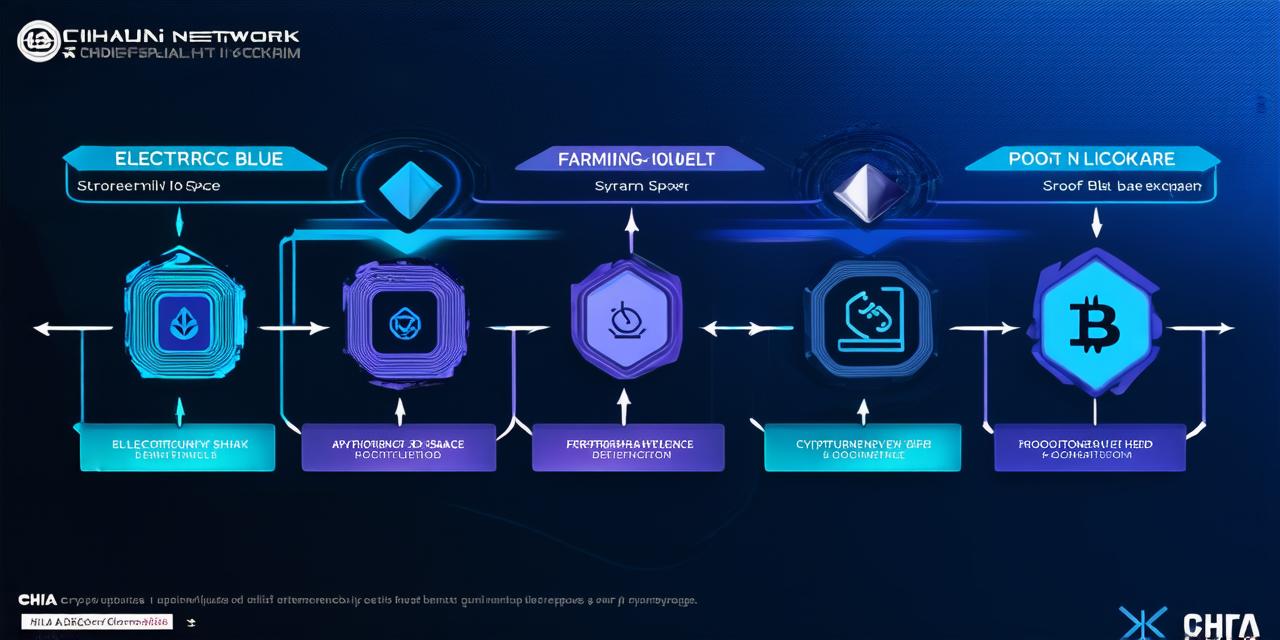Blockchain technology has been gaining popularity as an innovative solution for various industries, including finance, healthcare, and supply chain management. However, one area where blockchain shows great potential is in supporting sustainability efforts. In this article, we will explore how the features of blockchain can be leveraged to support sustainable practices and promote environmental conservation.
1. Transparency and Immutability
Transparency and immutability are two key features of blockchain that can support sustainability efforts. By maintaining a decentralized and transparent ledger, blockchain can provide an unalterable record of all transactions and activities related to sustainability initiatives. This allows for greater accountability and transparency in the management of resources and helps prevent fraud or corruption.
For example, blockchain technology has been used in the supply chain industry to track the movement of goods from production to consumption. By creating a transparent ledger that records all transactions, consumers can be assured that they are purchasing products that were produced sustainably and ethically. This can lead to greater consumer trust in sustainable practices and encourage more companies to adopt environmentally responsible policies.
2. Smart Contracts
Smart contracts are another feature of blockchain technology that can support sustainability efforts. These self-executing contracts automatically enforce the terms of an agreement, making them ideal for managing complex transactions and ensuring compliance with environmental regulations.
For example, a smart contract could be used to manage carbon credits, where companies purchase and sell carbon offsets to reduce their overall carbon footprint. The smart contract would automatically verify that the carbon credits were valid and have not been double-counted, ensuring that the system remains fair and transparent.
3. Decentralization and Distributed Governance
Decentralization and distributed governance are key features of blockchain technology that can support sustainability efforts. By removing intermediaries and enabling direct communication between parties, blockchain can facilitate more efficient and effective collaboration on sustainability initiatives.

For example, a decentralized platform could be used to manage renewable energy projects, where multiple stakeholders, including investors, developers, and grid operators, could collaborate on the development and management of solar or wind farms. This would enable greater transparency and accountability in the use of resources and help ensure that sustainability goals are met more effectively.
4. Data Management
Blockchain technology can also be used to manage data related to sustainability efforts. By creating a secure and transparent ledger, blockchain can help prevent data manipulation and ensure that all relevant information is readily available for analysis and decision making.
For example, a blockchain-based platform could be used to track the environmental impact of buildings, including energy consumption, water usage, and waste generation. This data could then be analyzed to identify areas where improvements can be made and to develop more sustainable building practices.
Case Study: CarbonCure Technologies
CarbonCure Technologies is a Canadian company that uses blockchain technology to manage carbon credits in the construction industry. By creating a transparent ledger that records all transactions related to carbon credits, CarbonCure has enabled greater transparency and accountability in the use of these credits. This has helped to increase demand for carbon credits and encouraged more companies to adopt environmentally responsible practices.
“Blockchain technology provides a secure and transparent platform for managing carbon credits, which is critical for achieving sustainability goals,” said CarbonCure CEO Rob Randall. “By creating a decentralized ledger that records all transactions related to carbon credits, we can help prevent fraud and ensure that these credits are used in an ethical and sustainable way.”



